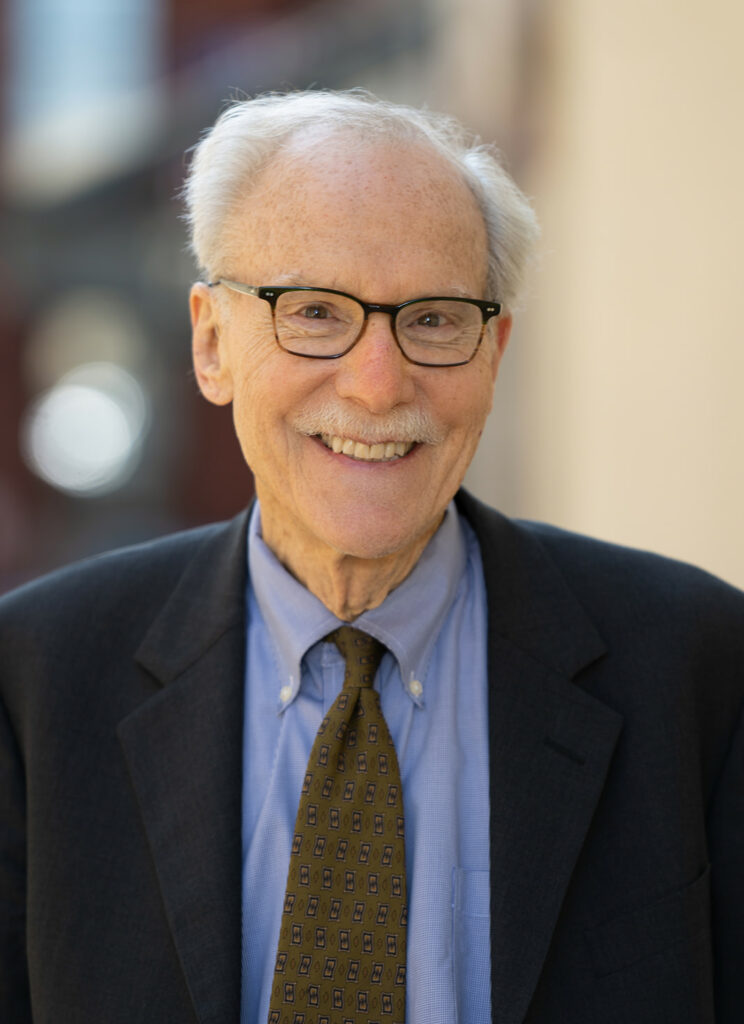David Rudovsky is a founding partner of Kairys, Rudovsky, Messing & Feinberg, LLP. He has practiced in the civil rights and criminal defense fields for over forty years, including cases on police and governmental misconduct, prisoners’ rights, first amendment freedoms, and racial discrimination.
Mr. Rudovsky has argued two significant civil rights cases in the United States Supreme Court: Mitchell v. Forsyth (1985) (immunity of Attorney General for illegal electronic surveillance) and City of Canton v. Harris (1989) (liability of municipalities for civil rights violations by police). He has also prepared numerous amicus briefs in civil rights cases in the Supreme Court and has argued scores of civil rights and criminal law cases in the federal and state courts.
Since 1987, Mr. Rudovsky has been a Senior Fellow at the University of Pennsylvania School of Law where he teaches courses in Constitutional Criminal Procedure, Criminal Law, and Evidence.
Mr. Rudovsky has written a number of practice books for civil rights and criminal cases. These include Police Misconduct: Law & Litigation and The Law of Arrest, Search and Seizure in Pennsylvania. In addition, Mr. Rudovsky has written a number of scholarly articles in law reviews on civil rights and the criminal justice system.
Mr. Rudovsky is President of the Board of Directors of the Defender Association of Philadelphia and is Vice President of the Board of the Pennsylvania Innocence Project.
In 1986, Mr. Rudovsky was a recipient of the MacArthur Foundation Fellowship for his work in Criminal Justice. He has also been honored by the Philadelphia Bar Foundation with the Judge Gerald F. Flood Award for Public Interest Accomplishments, the ACLU Civil Liberties Award, and the Philadelphia Bar Association Cesare Beccaria Award for Criminal Justice.

- LL.B., New York University Law School, 1967
- Fellow, Arthur Garfield Hays Civil Liberties Program, New York University Law School, 1967
- B.A., Queens College, City University of New York, 1964
